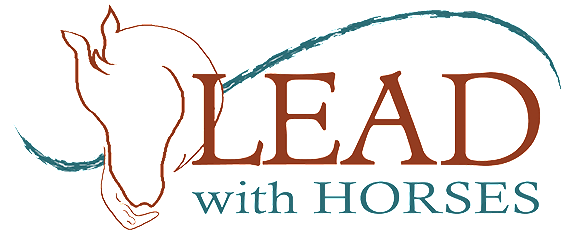LEAD with Horses offers life-changing experiences to children, teens and young adults facing a variety of challenges. LEAD provides equine assisted education and counseling programs in Washoe County and the surrounding communities in both customized private sessions and themed group classes. We have affordable services and a generous scholarship/assistance program.
See the course page for upcoming group programs or schedule an individual session.
Equine Assisted Learning (EAL),
Youth Development
LEAD offers equine assisted learning (EAL) programs. This experiential approach use horses as co-facilitators in the educational process. Participants actively engage in and reflect upon hands-on activities with horses.
EAL provides opportunities to learn a variety of life skills and to develop self-confidence and self-esteem. Social and emotional skills are developed through participation in purposeful activities.
Attention Behavioral Regulation Communication
Cooperation Coping Skills Decision Making
Empathy Empowerment Focus Goal Setting
Leadership Planning Relationship Skills
Respect Self Awareness Problem Solving
Stress Management Social Skills
Attention Behavioral Regulation
Communication Cooperation
Coping Skills Decision Making
Empathy Empowerment
Focus Goal Setting
Leadership Planning
Relationship Skills Respect
Self Awareness Problem Solving
Stress Management Social Skills
Equine Assisted Psychotherapy(EAP)/Counseling
Equine Assisted Psychotherapy(EAP)/
Counseling
The qualified LEAD with Horses EAP team includes a licensed therapist, horse professional and horse(s). Horses are an integral part of the therapeutic process. Services for individuals ages 9-24 and families.
EAP promotes personal exploration of feelings and behaviors. Our trauma-informed approach uses guided, ground-based activities to focus on mental, emotional, and social health. Rather than providing instruction on particular horsemanship skills, EAP focuses on the client’s needs and includes specific treatment goals facilitated by the treatment team. EAP addresses a variety of mental health and human development needs including:
Anxiety Depression Eating Disorders
Low Self-Esteem Attention Deficit Disorder
Behavioral Issues Grief
Relationship Problems PTSD
Anxiety Depression
Eating Disorders Low Self-Esteem
Attention Deficit Disorder
Behavioral Issues Grief
Relationship Problems PTSD
Anxiety
Depression
Eating Disorders
Low Self-Esteem
Attention Deficit Disorder
Behavioral Issues
Grief
Relationship Problems
PTSD

Why Horses?

Horses provide remarkable opportunities for metaphorical learning. Clients gain new insights into situations in their own lives and learn to make appropriate and effective changes.
Horses are social animals. They engage in cooperative and coordinated activities in a herd. Structured, positive interaction with horses provides a foundation to build relationships and interpersonal skills.
Concepts of empathy, compassion, and connection can be learned within the development of a relationship with a horse.
As prey animals, horses are extremely sensitive and intuitive. Horses provide honest feedback and compel authenticity. It is more difficult to assign blame to others when working with a horse; equine assisted activities place individuals in a position to take responsibility for their own actions.
Horses encourage engaged learning; physical and mental work is necessary for success with a horse. Equine assisted activities keep clients motivated and on task.
Horses’ size and power can be intimidating and therefore offer opportunities to overcome fear and apprehension in order to build confidence and trust.
Horses provide critical emotional support and bonds.

